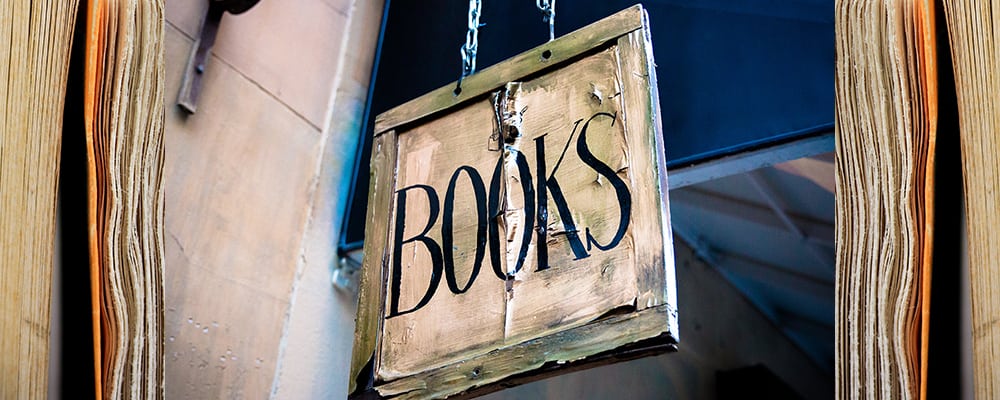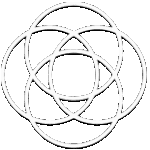
If you’re looking for the best dream dictionary to use to interpret your dreams, you can stop right here.
Not because I’m about to recommend an easy to use and accurate dream dictionary, but because there’s no such thing. Dream dictionaries, at best, may give you some starting points, some ideas about what your dream symbols may or may not mean, and, at worse, they can lead you very far away from any helpful and meaningful interpretation. Unfortunately, dream dictionaries generally fall into the ‘at worse’ category.
A dream dictionary is a book that lists dream symbols and gives meanings for these symbols. Some dream dictionaries list absolute meanings (for example, a ring means a marriage, a tree means a family with each branch representing different branches of the family), while other dream dictionaries list suggestions (for example, a ring might mean a commitment, or a sense of completion, or coming full circle, or being a ring-in for something, and a tree might mean the tree of life, a family tree, something growing in your life, or the many branches of your being). I’m not offering or endorsing these meanings. I’m using them to illustrate different dream dictionary approaches.
If you were to come to me with a dream about a ring or a tree, I wouldn’t start with considering what the ring or tree meant. I’d start with looking at the overall storyline of the dream, and only examine the individual symbols – if at all – further into the session. If you choose to learn my methods, you’ll quickly appreciate the value and accuracy of approaching a dream from this perspective. I’m not so interested, at first, in the ring or the tree. I’m interested in the context of the ring or the tree – or the tree ring perhaps – what happens to it, how it made you feel, how it played its part in your dream story.
Our dream symbols are personal and unique to ourselves as individuals.
Take a shell, for example. Many people will share a feeling that a shell is a protection for a vulnerable soft-bodied animal, suggesting a universal meaning of ‘protection’. However, many others might see a shell as delicate, easily broken, not at all protective, and still others might think of a shell as being empty, devoid of life. But then we also have our own individual associations with shells, perhaps a precious shell you found during a difficult time in your life, or the shells you used to create your first artwork at school, artwork that was admired or shamed, or the particular type of shell that you associate with a particular beach that is meaningful for you. Or an infinite number of other possibilities depending on your life experiences.
Then add to this the fact that our dreams process our unconscious experiences as well as our conscious experiences, and the reason why you dreamed of a shell may be lost to your conscious associating mind. It will, instead, need to be found through other methods of dream work. It is extremely unlikely that your unique unconscious meaning for a shell will be listed in a dream dictionary.
If you’ve got dream dictionaries on your bookshelf or on your kindle, try to discern whether they’re of the helpful variety that offer suggestions to start you off on your path of enquiry, or whether they’re best disposed of. Or repurpose them as creative muses, turning to random pages for symbols to play with in your art or meditations. Just don’t consult them if you’re seriously interested in the meaning of your dreams.
I have been approached many times by different publishers asking me to write various types of dream dictionaries, and I have turned down the offers, explaining why.
My current book, The Dream Handbook, (published by Hachette and also by Little Brown), is a look-up book where dreams are arranged according to themes that are common recurring dream themes for many people universally, for example, dreams of losing teeth, dreams of death, and dreams of being trapped or chased. Instead of looking at dream symbols, we look at the storyline theme, and I give readers questions to answer, avenues to explore, likely scenarios, and dream alchemy exercises to appropriately reprogram the unconscious mind or rewire the brain.
If you study my methods of dream analysis, you’ll discover that after you’ve applied the storyline and other techniques to interpret the framework of a dream, we delve into methods you can use to discover the meaning of personal dream symbols, whether you use these methods to understand your own unique dream symbols or use them to help other people understand theirs. The information you learn from your dream symbols at this stage of working with a dream seals the interpretation, or takes you deeper before sealing the analysis.
Create your own personal dream dictionary
As you discover the meanings of dream symbols in your unique dreams, you might like to create a personal dream dictionary, perhaps arranging your symbols in alphabetical order either using your keyboard (nice and easy to edit and rearrange as you build your dictionary over the years), or by handwriting in an A-Z notebook. (I wonder how many of the more historic dream dictionaries began in this way, as personal reference books that worked for the author and were offered with all good intentions to assist others.) This builds a quick and easy reference you can use if a symbol reappears in future dreams, but, again, beware. What’s likely to happen is that as you work with your dreams, the symbols will transform or change their meaning as you transform or change your perspectives of the issues they represent. Knowing this, and with utmost care, you might find that your personal dream dictionary becomes an insightful testament to your personal and spiritual evolution.



